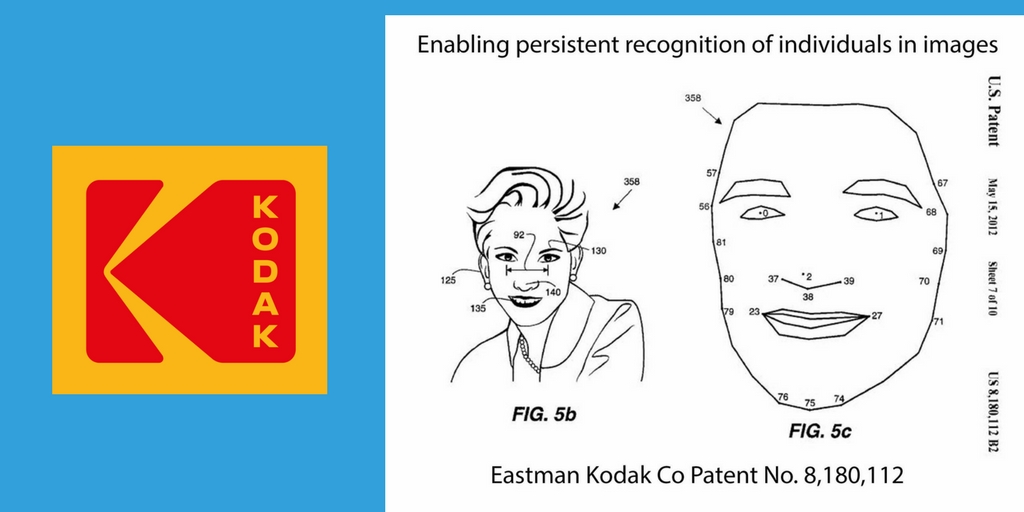$33.7 Million award to Kodak upheld for Breach of Patent License
The U.S. Court of Appeals in New York City Asia Optical Company’s rejected the appeal of a judgment by the federal district court that awarded Eastman Kodak Co. $33,726,531 in damages for breach of a patent license agreement (Eastman Kodak Co. v. Asia Optical Co., Inc., May 1, 2013, PDF).
The dispute involved a 2004 patent licensing agreement (“PLA”) where Kodak licensed its full set of digital camera patents to Asia Optical for royalties on the sales of certain digital cameras manufactured by Asia Optical.
In 2005, Asia Optical began making digital cameras as an original equipment manufacturer (OEM) for Fujifilm Corporation in China. The parties disputed whether Fujifilm qualified as a Kodak licensee under the parties’ agreement.
In March 2012, the district court ruled that:
- Fujifilm did not have the broad license contemplated by the agreement;
- the license agreement with Fujifilm was not royalty-bearing and did not require Fujifilm to make any payment to Kodak in connection with the licensed patents; and
- Asia Optical breached the PLA by not making royalty payments for cameras made for Fujifilm.
Asia Optical’s principal argument on appeal was that the PLA was ambiguous because it could be read to have more than one meaning by a person aware of industry customs, practices, and terms.
Under New York law, a contract is ambiguous if the terms
“could suggest more than one meaning when viewed objectively by a reasonably intelligent person who has examined the context of the entire integrated agreement and who is cognizant of the customs, practices, usages and terminology as generally understood in the particular trade or business.”
The Appellate and district court ruled that the PLA was not ambiguous, it clearly stated Optical did not have to pay royalties if (1) it sold to a Kodak licensee who chooses to pay royalty itself; or (2) if Asia Optical performs only contract assembly for a Kodak licensee.
“To accept Asia Optical’s reading would require finding that Kodak entered into a licensing agreement with Asia Optical that would allow Asia Optical to manufacture cameras for third parties who did not have licensing agreements with Kodak without either party paying Kodak for the use of its patents—a finding at odds with the record”.




